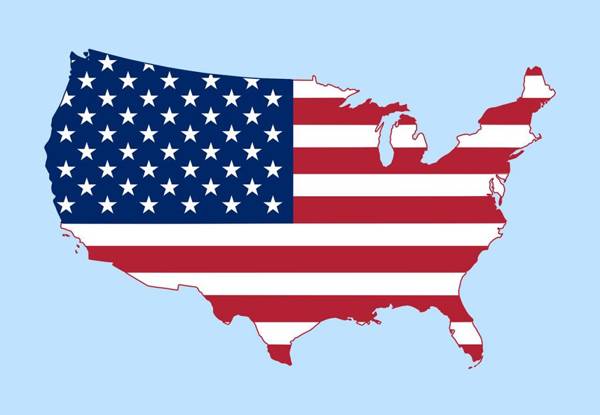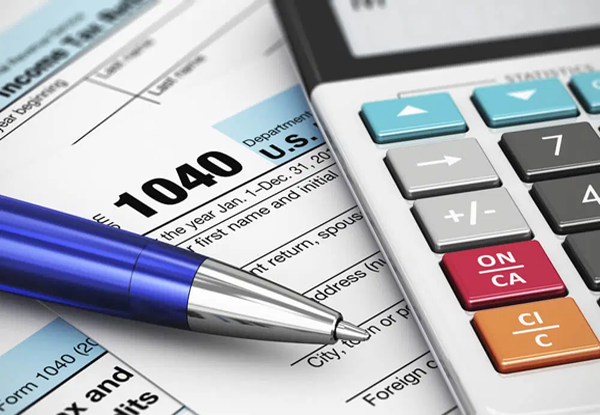Will Puerto Rico Become the 51st State?
- Posted: April 6, 2018
- Posted by: Travis Lynk
- Last Reviewed: May 21, 2021

Will Puerto Rico Become the 51st State?
Is it possible that Puerto Rico will become the 51st U.S. state? After overwhelming results from a non-binding referendum vote in 2017, many Puerto Ricans are in favor of becoming a state. However, these results weren’t taken very seriously since only 23% of eligible citizens voted. This low turnout along with other considerations like U.S. politics and the Constitution, are hurdles along the road to Puerto Rico becoming a state.
To understand the possibility of Puerto Rico becoming a 51st state, it is important to recognize what Puerto Rico is to the United States: a commonwealth.
What does it mean to be a commonwealth?
It was in 1898, after the Spanish-American War that Puerto Rico first came under U.S. control. However, it was not until 1952 that it was officially approved under U.S. federal law, making Puerto Rico a commonwealth. For residents on the island, becoming part of a U.S.commonwealth meant:
- A separate constitution from the U.S.
- Having to pay federal income taxes on work done within the States
- Access to Medicare and Medicaid by paying into Social Security
- Not having a vote in U.S. Congress
- Having the right to vote in primary presidential elections, but not presidential elections
- Being considered natural-born U.S. citizens
After the 2016 gubernatorial elections, Puerto Rico’s new governor Ricardo Rosselló stated that voters were seeking to claim their “equal rights as American citizens.” Being in a state of economic crisis, Puerto Rico filed for bankruptcy in May of 2017 and owes about $70 billion to creditors, but Rosselló along with other statehood supporters believes that bankruptcy could help repair the island’s economy.
The process for becoming a U.S. state
Ultimately it is up to Congress to admit new states via the “New States” clause found in the United States Constitution. As defined in a 1953 U.S. Senate Committee on Interior and Insular Affairs, the requirement for statehood are:
- The residents of the proposed new state areall for the principles of democracy as presented in the American form of government.
- The majority of the electorate wants statehood.
- The proposed new state has the population and resource to support state government and carry its share of the cost of Federal Government.
After the latest referendum vote in 2017, Rosselló stated that he soon plans on visiting Washington to plead his case for statehood. At first sight, the vote for statehood seems to have claimed victory, but digging into the numbers tells a different story. Low voter turnout was largely due to the migration of Puerto Ricans to the mainland and various political parties encouraging citizens to refrain from voting. With hopes of maintaining U.S. support and seeing a better voter turnout, it will come down to Puerto Rican leaders having a strong case to present to Congress.
Contact us for more information.
Disclaimer: Neither PRelocate, LLC, nor any of its affiliates (together “PRelocate”) are law firms, and this is not legal advice. You should use common sense and rely on your own legal counsel for a formal legal opinion on Puerto Rico’s tax incentives, maintaining bona fide residence in Puerto Rico, and any other issues related to taxes or residency in Puerto Rico. PRelocate does not assume any responsibility for the contents of, or the consequences of using, any version of any real estate or other document templates or any spreadsheets found on our website (together, the “Materials”). Before using any Materials, you should consult with legal counsel licensed to practice in the relevant jurisdiction.





